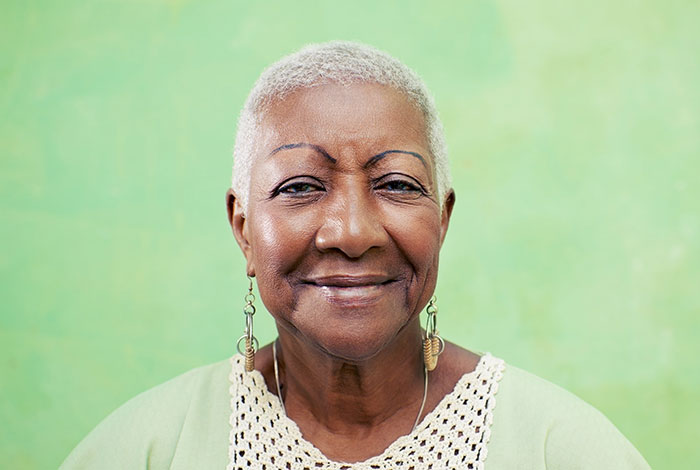Learn About Breast Cancer
Older Women and Breast Cancer
The older you are the greater your risk of getting breast cancer. Experts believe that one in eight women who live to age 80 or more will get the disease.
About 43,250 women in the U.S. are expected to die in 2022 from breast cancer. Death rates have been steady in women under 50 since 2007 but have continued to drop in women over 50. The overall death rate from breast cancer decreased by 1% per year from 2013 to 2018. These decreases may be the result of treatment advances and earlier detection through screening.
Sadly, some elderly women diagnosed with advanced late stage breast cancer, as a result experience poor treatment outcomes, and reduced survival.
Some reasons older women neglect breast cancer detection and treatment are beliefs that mammograms are unnecessary at their age; any breast changes are a natural process of aging, religious beliefs and overall fear of a possible cancer diagnosis and treatment. Older women experience less availability of healthcare resources, lower income and lack of insurance coverage are all barriers that affect elderly women access to early detection of cancer.
Older women are encouraged to discuss with their doctors if they have:
- an immediate family member(s) or close blood relative(s) who had/has a history of breast cancer as your own risk for developing the disease doubles
- a personal history of gynecological cancer or previous breast cancer, the risk increases three to four-fold of developing a new cancer in the other breast
- entered menopause later than age 55 have an increased risk likely due to increased exposure to estrogen.
Any woman, regardless of age, who has a family history of cancer, particularly breast and ovarian, should bring it to the attention of her physician, who can evaluate potential breast cancer risk, the need for genetic testing, and the proper screening plan to follow.
Treatment options for older women may change depending on the stage and type of breast cancer and if she has other health issues. Many older women with breast cancer do not die from it and can live healthy lives.

